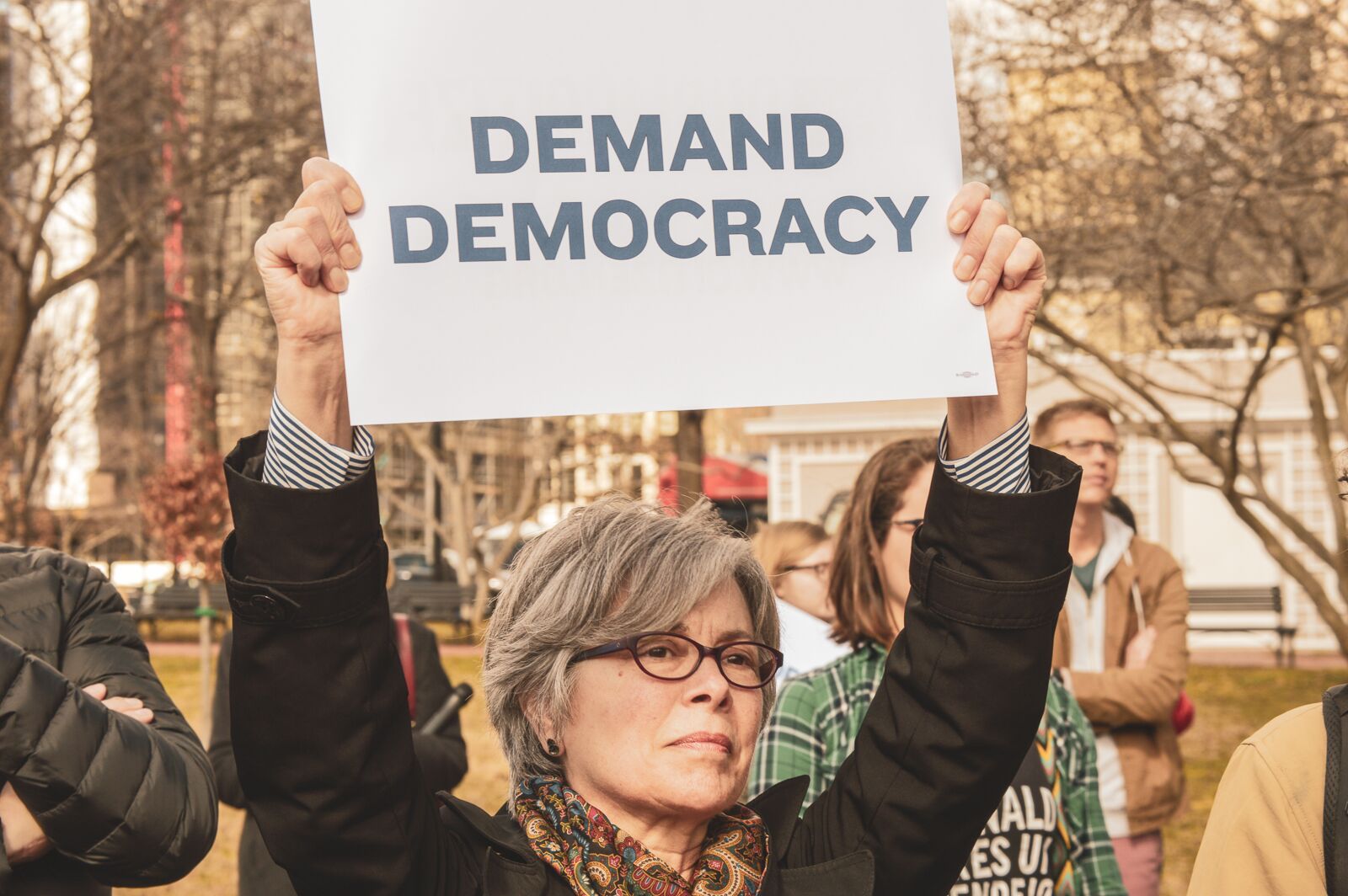Mueller, Barr & Trump

More than two years into a turbulent Trump presidency, it sometimes has seemed like the only constant has been the slow hum of Special Counsel Robert Mueller III’s investigation into the Trump campaign’s ties to Russia. So far, for more than a year and a half, the probe has endured sustained attacks from the president and his allies in Congress and conservative media. For months the Special Counsel’s office has operated as if it could be shut down at any time. At last, reports indicate that Mueller’s investigation may be coming to a close as the Justice Department has begun preparing for a completed Mueller report as some time in the coming weeks.
It seems that a report will be coming soon, but how much of that report will be seen by Congress, let alone made public, hinges almost entirely on the discretion of the newly confirmed attorney general William Barr. Barr has repeatedly stated that he will not deviate from standard department practices regarding disclosure of conduct that does not lead to the filing of criminal charges. This decision carries shades of the kinds of partisan politics the Justice Department is supposed to refrain from, as the Washington Post reports that many in President Trump’s inner circle believe the report may contain information that is politically damaging but falls short of criminal conduct.
This means that not even Congress will get to know the extent to which the president’s involvement in the affairs being investigated unless the Special Counsel recommends that formal criminal charges be filed. Coupled with the Justice Department’s long-standing policy that a sitting president cannot be indicted, this suggests that what Barr may relay from the report to Congress and therefore the public may contain no mention of President Trump’s role in the report’s findings at all. This is unacceptable. The American people deserve to know the facts of the Special Counsel’s report whichever way they may swing.
This begs the question, what comes next? There are a number of possible avenues, as this will not likely be the end of the Trump-Russia saga. There are several key points to keep in mind:
- This could be the end of the Special Counsel’s “Russian collusion” investigation, but there are no signs it will be the end of the multitude of other investigations into Trump businesses, the Trump campaign, and the Trump administration. For instance, House Intelligence Committee chairman Adam Schiff recently re-opened an investigation into the Trump family’s financial ties abroad, and the Southern District of New York continues to look into financial matters as well.
- Relatedly, Mueller may have passed evidence of certain wrongdoing outside of the scope of his mandate to state-level prosecutors or other departments at the FBI. The Mueller probe’s investigation is mandated, strictly, to investigate Russia’s role in the 2016 election and whether the Trump campaign played a role in it, and to investigate whether the president may have obstructed justice. If he uncovered evidence of potential criminal activity that fell outside of those bounds, Mueller may have felt that other investigators were better- or more appropriately-positioned to pursue those leads. There is no guarantee that the possible end of the Mueller probe implies the end of all criminal investigation into Trump businesses, the Trump campaign, and the Trump administration.
- The New York Times Speculates that Mueller’s report may serve as a roadmap of sorts for Democratic house committees and future investigators
- A lack of indictments does not rule out the possibility (or probability) of ethical or legal violations outside of the special counsel’s purview. The president is currently being investigated in several other mediums
The recently introduced bipartisan Special Counsel Transparency Act (S.236) would mandate that the Special Counsel’s report be released in its entirety (with redactions made for national security purposes). Unfortunately, the bill is unlikely to see a vote in Congress before the Mueller report is completed. We must not let William Barr and the Justice Department bury the findings of the probe. The dangers of allowing a presidential appointee to decide what details are and are not relevant in an investigation into the man who appointed him cannot be overstated. It should be up to Congress and the public to draw whatever conclusions that they may from the facts of the report alone.